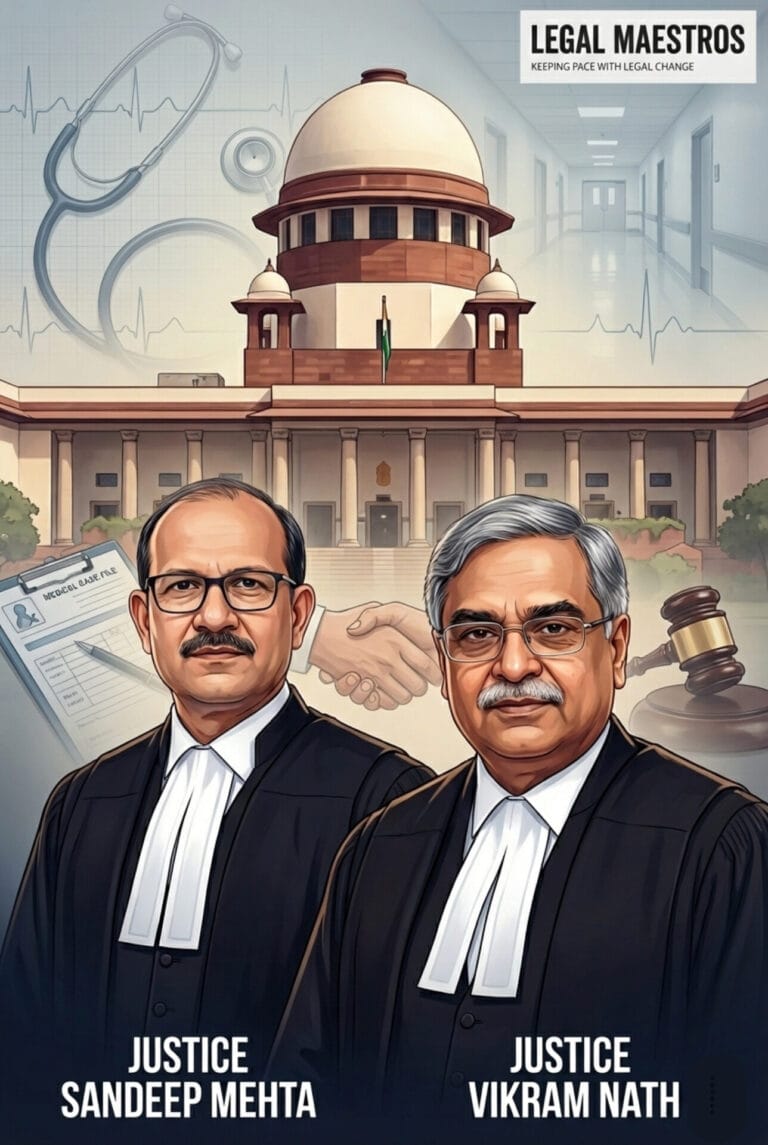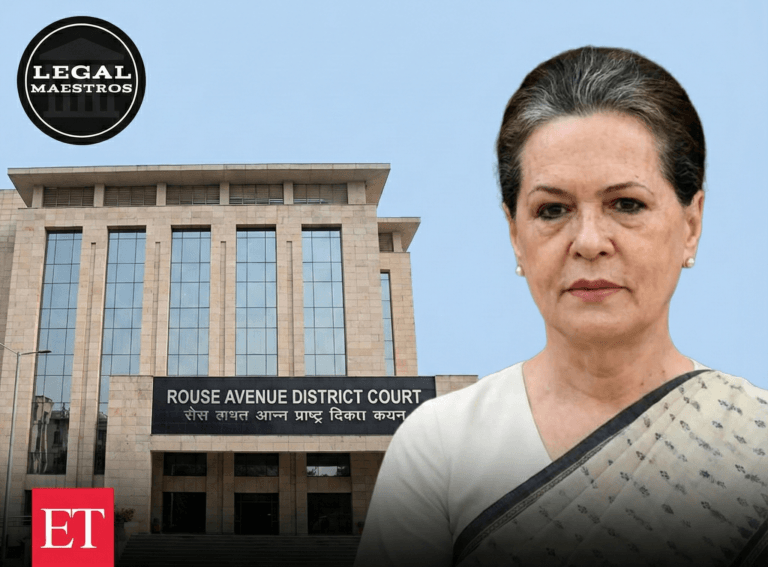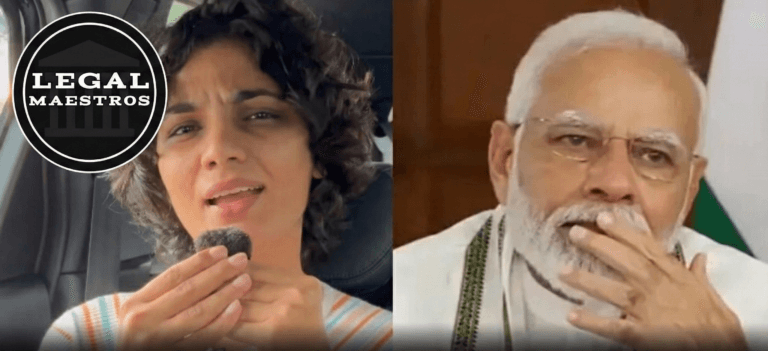
On Tuesday, 15th July 2025, the Supreme Court of India passed a sympathetic and landmark judgment in Neethu B. @ Neethu Baby Mathew v. Rajesh Kumar, granting a review petition by a mother who had opposed the previous custody order in favor of the biological father. The top court overruled its earlier August 2024 ruling, giving permanent custody of the 12-year-old son back to the mother, and redefining Indian courts’ perspective towards child custody based on post-judgment psychological evidence.
Facts:
Neethu Baby Mathew, the petitioner-mother, had been the only caretaker of the child since October 2013, when he was eleven months old. The father, Rajesh Kumar, had played no active role in raising the child after their separation, allegedly seeing him just a dozen times in eleven years.
In 2023, the Kerala High Court gave custody to the father, fearing that the mother’s suggested migration to Malaysia would interfere with the upbringing of the child. This ruling was affirmed by the SC in August 2024. But after a series of tests at Christian Medical College (CMC) Vellore, that revealed severe emotional and mental distress in the child, the mother petitioned under Article 137 of the Constitution for a review.
For any queries or to publish an article or post or advertisement on our platform, do call at +91 6377460764 or email us at contact@legalmaestros.com.
Arguments:
The petitioner argued that the custody transfer had caused severe psychological trauma, including signs of separation anxiety and emotional breakdown, as confirmed by four expert reports from CMC, Vellore. She maintained that the child identified her, her husband (stepfather), and their younger son as his true and immediate family.
On the other hand, the respondent-father contended that the review was not maintainable and challenged the objectivity of the psychological reports. He alleged that the child’s emotional state was influenced by the mother and stepfather and that he was kept away from the child intentionally. He argued that being a government servant, unmarried, and financially stable, he was fully capable of offering a secure life.
Judgment:
The Supreme Court recognized that review jurisdiction under Article 137 is limited, with principles like error apparent on the face of the record or the discovery of new evidence, set out in State of West Bengal v. Kamal Sengupta (2008) 8 SCC 612. Adopting the “triple test” for the admissibility of new evidence, the Court held that the post-judgment psychological reports were new and material evidence that directly impacted the welfare of the child and were not within reach previously.
Observing that courts must act as guardians of the child’s welfare (parens patriae), the bench noted that the child’s entire emotional universe was built around his mother, stepfather, and younger sibling. The disruption caused by a forced transition to the father’s custody was described as “calamitous” and contrary to the child’s best interests.
So the Court restored custody to the mother and introduced a balanced visitation arrangement for the father. The respondent was allowed in person meetings every weekend and virtual interactions twice a week but denied overnight custody, subject to reassessment based on future developments.
Impact / Analysis:
The Court’s decision is a significant departure from strict custody presumptions to a holistic approach towards childhood mental health and emotional attachment. The ruling is underlined in the sense that custody orders, particularly in family law, have to remain flexible and child-based.
It reiterates the Supreme Court’s growing concern for mental well-being in family law in line with such precedents as Rosy Jacob v. Jacob A Chakramakkal (1973) 1 SCC 840 and Vikram Vir Vohra v. Shalini Bhalla (2010) 4 SCC 409. In so doing, the Court made it clear that custody litigation has to keep pace with psychological realities rather than mere legal form.
This judgment creates a humane standard: a contemporary family structure, however non-traditional, can be lawfully acknowledged if it engenders emotional security and stability for a child. It emphasizes that child welfare is a living, breathing standard not a rigid legal formula.
References:
- Neethu B. @ Neethu Baby Mathew v. Rajesh Kumar, Review Petitions (C) Nos. 2273–2274/2024 in Civil Appeal Nos . 5395–5396/2024
- State of WB v. Kamal Sengupta (2008) 8 SCC 612
- Rosy Jacob v. Jacob A Chakramakkal(1973) 1 SCC 840
- Vikram Vir Vohra v. Shalini Bhalla, (2010) 4 SCC 409
- Athar Hussain v. Siraj Ahmed, (2010) 2 SCC 654
- Clinical Psychological Reports by CMC, Vellore (Sept 2024 – Mar 2025)
Coram:
Justice Vikram Nath
Justice Prasanna B. Varale







